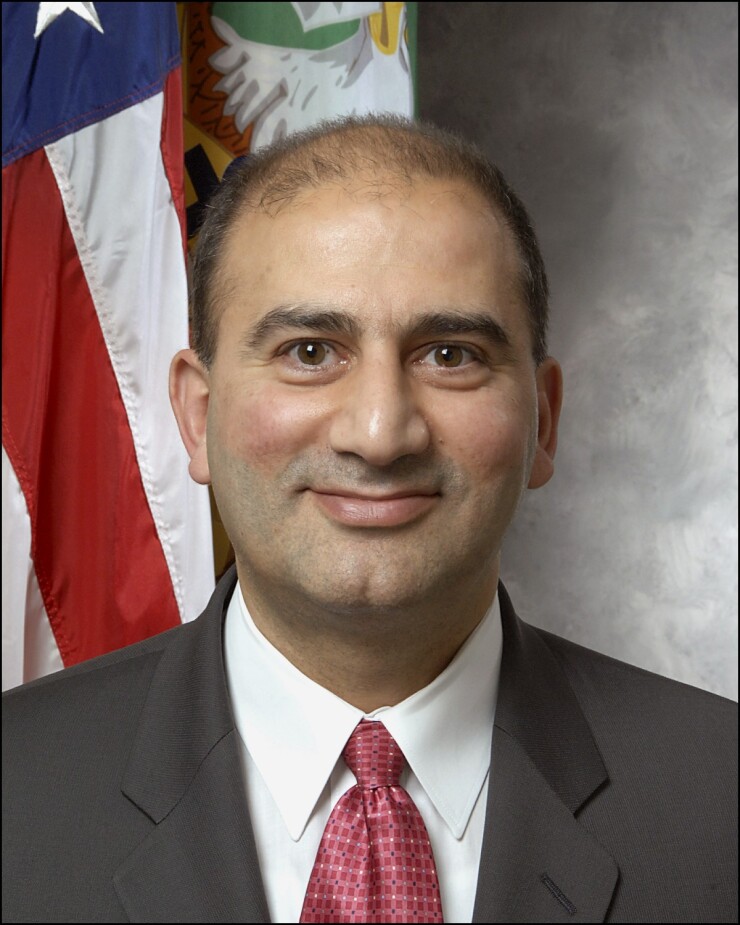U.S. regulators slapped the bitcoin exchange BTC-e with a $110 million fine for a slew of alleged financial crimes from facilitating dark net drug sales to financing public corruption.
One of the site’s operators, a Russian national,
BTC-e is one of the world’s virtual currency exchanges by volume and has conducted over $296 million in bitcoin transactions, Fincen said Thursday. The company facilitated ransomware, computer hacking, identity theft, tax refund fraud schemes and drug trafficking, the agency said.

The fine was the Treasury’s first action against a money-services business located in a foreign country, and the second against a virtual currency exchange. (
It was also the second action this week by a U.S. regulator in the cryptocurrency space. The Securities and Exchange Commission released an investigative report on Tuesday that concluded
The BTC-e action “should be a strong deterrent to anyone who thinks that they can facilitate ransomware, dark net drug sales, or conduct other illicit activity using encrypted virtual currency,” Fincen’s acting director, Jamal El-Hindi, said in a press release.
BTC-e failed to obtain required information from customers beyond a username, a password and an email address, Fincen said. It also did not prevent money laundering, as users openly and explicitly discussed criminal activity on BTC-E’s user chat, and gave advice on how to process and access money from illegal drug sales from dark net markets like Silk Road, Hansa Market and AlphaBay, the agency said.
From 2011 to 2014, BTC-e processed transactions totaling 300,000 bitcoin stolen from another bitcoin exchange, the now-defunct Mt. Gox, Fincen said. It also concealed its geographic location and its ownership, violating U.S. anti-money-laundering laws and regulations, the regulator said.
As of Thursday morning, the BTC-e site was down; a maintenance situation was cited.
Fincen worked with the U.S. Attorney’s Office for the Northern District of California on assessing the fine. The Internal Revenue Service’s criminal investigation division, the FBI, Secret Service and Department of Homeland Security conducted the criminal investigation.





